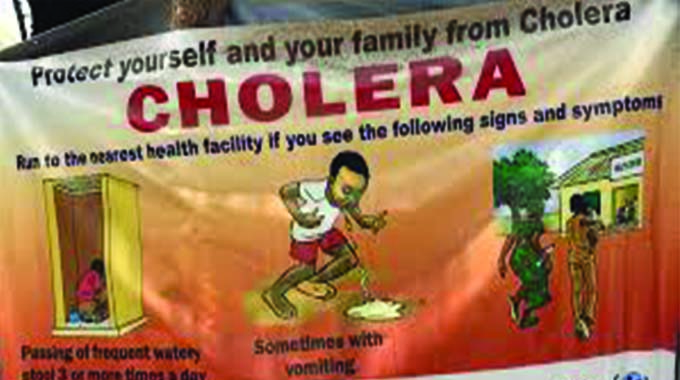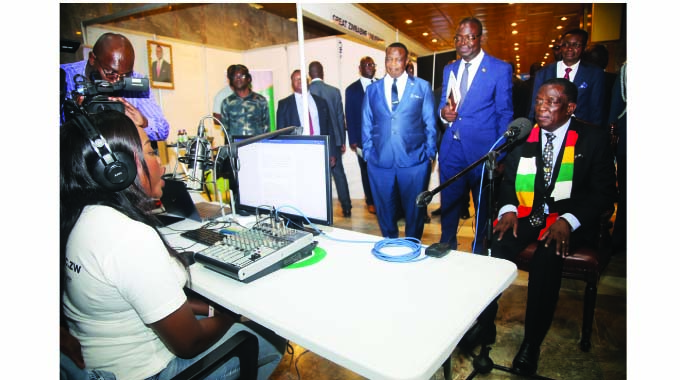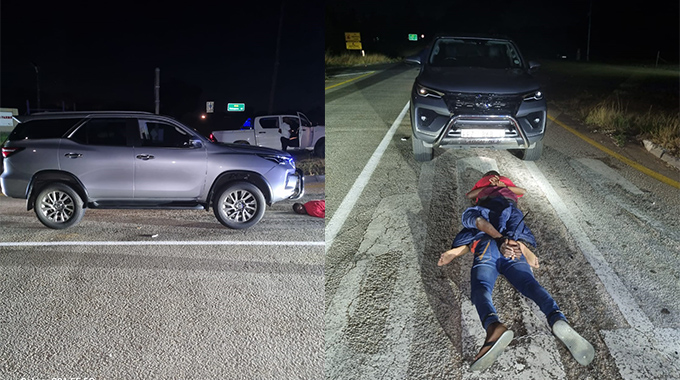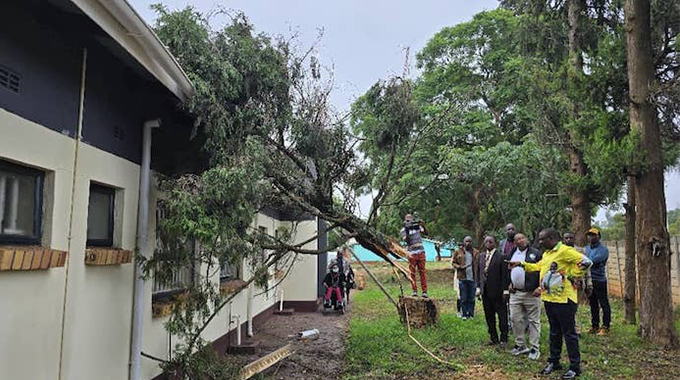Amid cholera outbreak … Contaminated water in Beitbridge

Sukulwenkosi Dube-Matutu – [email protected]
RESIDENTS in some suburbs in Beitbridge rely on water contaminated with human waste for drinking and health authorities have resolved to address the issue by transporting clean water in bowsers to the affected communities.
Zimbabwe has been hit by a serious cholera outbreak and Beitbridge is among the worst-affected districts in the country.
As of Monday, a cumulative total of 457 suspected cholera cases, two laboratory-confirmed deaths, seven suspected cholera deaths, and 102 laboratory-confirmed cases were reported. According to the cholera daily report, 15 people were hospitalised at Beitbridge District Hospital on Monday.
Investigations have shown that the borehole water in Kwalu suburb is contaminated with human waste.
The suburb is not fully serviced with water and sanitation facilities. It has also been established that some residents buy contaminated water from vendors.
Matabeleland South Province has recorded the highest number of cholera cases in Zimbabwe since the outbreak of the disease which has so far claimed nine lives in the country.
In a public notice last week Beitbridge Municipality said: “In light of the cholera outbreak in Beitbridge, especially in the SDP area (Kwalu 2), all owners or operators of water vending trucks are called upon to come forward and register with the council on their operations. This has been necessitated by suspected unsafe water supplies being sold to members of the public.”
Speaking during a provincial development committee meeting on Wednesday, acting Matabeleland South Provincial medical director, Dr Andrew Muza said water quality tests have shown that water being consumed by the Beitbridge residents could be contaminated with human waste.

“The outbreak of cholera in the province which has so far affected Beitbridge started on 10 March. To date, we have 170 suspected cases, and these are people who are showing signs of cholera although we haven’t fully tested them,” he said.
“Under normal circumstances, we should be able to control a normal outbreak within about two weeks from the onset, but ours is now entering four weeks. We then launched an investigation and realised that about 80 to 90 percent of our cases are located in one area in Beitbridge which is known as Kwalu 2 or SDP.”
Dr Muza said from the water quality tests on some of the water points, 11 out of 14 boreholes had unsatisfactory water quality.
“The water was contaminated by sewer. People are probably drinking their human waste in that area,” he said.
Dr Muza said given that the suburb does not have running water, vendors bring water that is suspected to be unsafe for drinking.
“For us to curb the spread of cholera in Beitbridge, we felt there was is a need for chlorination of the water sources in the area. All boreholes will be mapped and chlorinated and we will then test the water quality after about five to seven days after chlorination,” he said.
“We are hoping that if we cut the transmission cycle by treating the water points then the number of cases that we are recording will probably decline. For us to do this, we need collaboration from other Government departments.”

Secretary for Matabeleland South Provincial Affairs and Devolution Mrs Latiso Dlamini-Maseko
Secretary for Matabeleland South Provincial Affairs and Devolution, Mrs Latiso Dlamini-Maseko said there was is a need for a multi-stakeholder approach to contain cholera.
She said failure to contain the disease will result in it spreading to other districts in the province since Beitbridge, by virtue of being a border town, handles a huge volume of in-transit population.
Statistics from the Ministry of Health and Child Care show that out of 543 cases had been recorded on April 18, Matabeleland South accounted for 188 cases and two deaths.
The first cholera case in the country was detected on February 12 in Chegutu Town, Mashonaland West Province.
To date, cases have been reported in eight provinces excluding Matabeleland North and Midlands.
The 17 cholera hotspot districts in the country are Buhera, Chegutu, Chikomba, Chimanimani, Chipinge, Chitungwiza, Chiredzi, Harare, Gokwe North, Marondera, Mazowe, Shamva, Mutare, Murehwa, Mwenezi, Seke and Wedza. –@DubeMatutu












Comments